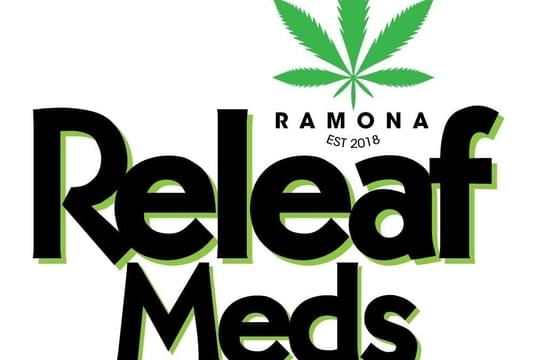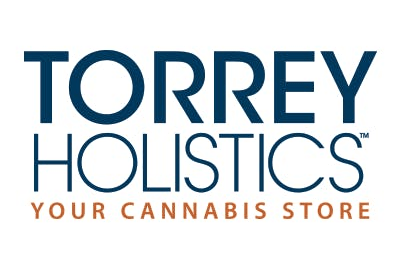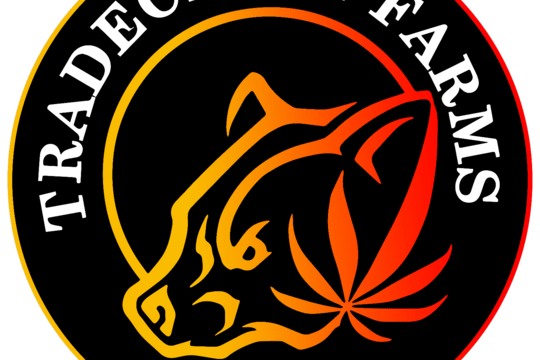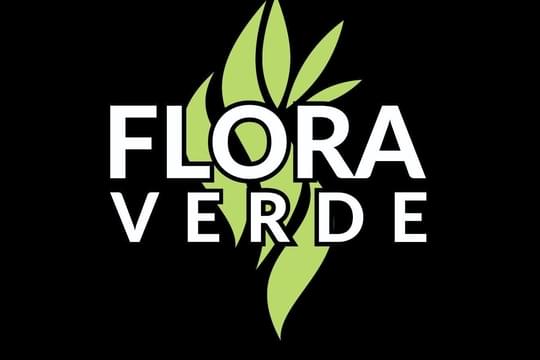
What is THCV? Spotlight on Cannabinoids
Published on 11/28/20
Tetrahydrocannabivarin (THCV) is a minor cannabinoid that is found in cannabis in small amounts and has been gaining attention as of late due to its newly discovered psychoactive and therapeutic properties. It is very similar to its deified cousin Tetrahydrocannabinol (THC), but THCV effects have been found to lean more toward what one would stereotypically consider a sativa strain to produce. Energizing, alert, motivated and clear-headed are all adjectives that are being tossed around in relation to this cannabinoid emerging on the scene.
What are Cannabinoids?

Cannabinoids are compounds that are only present in cannabis. There have been over 100 different cannabinoids identified in weed and the most prominent and well known are THC and Cannabidiol (CBD). THC and CBD are perfect examples of how cannabinoids can differ because THC is psychoactive while CBD is not. This is the case with cannabinoids across the spectrum. Some might be psychoactive, but many do not affect the brain in that manner. The main way in which cannabinoids are differentiated by the scientific community is by their degree of psychoactivity.
Cannabinoids affect the body by binding with specific cannabinoid receptors on the surface of cells across the central nervous system. The receptors are found in different parts of the central nervous system and the two main types of cannabinoid receptors in the body are CB1 and CB2. The effects of cannabinoids depend on the area of the brain that is involved. If cannabinoids are affecting the limbic system then memory and cognition might be altered. If the mesolimbic pathway is altered, then pain perception and pleasure responses could be affected.
What is THCV?

As we noted above, THCV and THC are cannabinoids with very similar molecular structures. The only difference is that THC has a longer lipophilic alkyl chain. In small doses, THCV does not deliver any of the psychoactive properties of THC, but instead, "may, under certain conditions, antagonize the effects of THC" and ease the high of the user. Consumed in higher doses, however, THCV does display psychoactive qualities in the form of an energetic and mentally clear buzz. It is important to remember that THCV is a cannabinoid that is only found in trace amounts in marijuana (rarely above 5% and normally much lower) and ongoing studies on this elusive cannabinoid are just beginning to bear fruit.
What is THCV Good For?
Since THCV presents in very small amounts it can be a difficult process to source enough for proper scientific study. What research has been done has shown that THCV can be effective in the symptom relief of conditions such as the following:
- PTSD
- Parkinson's disease
- Seizures (including epileptic seizures)
- Alzheimer's disease
- Appetite-suppressant
- Diabetes
THCV is a stress reliever that can help to reduce or even prevent anxiety-induced episodes such as panic attacks, which are a common debilitating symptom of post-traumatic-stress-disorder (PTSD). In a 2011 study on lab mice, researchers found that antioxidant elements in THCV might assist with the treatment of symptoms and also fight the breakdown of nerves that is so detrimental in Parkinson's disease.
In 2014, researchers published a study in the Journal of Clinical Pharmacy and Therapeutics that deduced that cannabinoids (including THCV) "produce anticonvulsant effects through the endocannabinoid system, with few adverse effects." The study also concluded that research should continue to explore the exciting prospect of the anti-epileptic properties of THCV for use against infantile epileptic syndromes.
No Munchies with THCV
One key area where THCV is not good or recommended is as an appetite stimulant. THCV does not prompt the user or patient to have "the munchies," in fact, quite the opposite. THCV inhibits appetite by antagonizing the CB1 receptors and therefore could be a valid alternative to the anti-obesity drugs currently on the market that come with a variety of negative side effects. THCV diabetes treatment is also gaining steam. A study released in 2016 announced that THCV and CBD can decrease the blood glucose levels and increase insulin production in people with type 2 diabetes and perhaps be a "new therapeutic agent for glycemic control."
Strains High in THCV
 unsplash.com
unsplash.comHigh THCV strains are not very easy to find. There are a few that most regular readers will recognize, but the idea of cultivating THCV weed is still in its infancy and not many strains produce significant levels of this negligible cannabinoid that is still on the periphery of our cannabis consciousness. Most cannabis strains with a noted THCV content will be a sativa. Here are a few to look for if you're eager to see how THCV might work for you.
Doug's Varin
If you want one of the best THCV strains out there, Doug's Varin is probably at the top of the list. If you are lucky enough to find this rare sativa in flower form, it will most likely be at a dispensary in California. Estimates of its THCV content range from 2% - 4%, but the company that has trademarked the name sells vape pens with THCV levels above 25%.
Durban Poison
This classic landrace strain that some call the perfect sativa normally clocks in at about 0.5% THCV. Its energetic high usually sparks creativity, productivity and sociability. It is ideal for daytime use.
Pineapple Purps
Most analyses done on this tasty strain created by crossing Pineapple Express and Purps have revealed a THCV content of around 5% with a THC:TCHV ratio of a bit over 3:1. The high is classically uplifting and energetic and the suppressed appetite is great for tokers looking to avoid the munchies. Also known as Purple Pineapple.
Jack the Ripper
This sativa-dominant strain is known for its incredible taste and balanced buzz. High THC (over 25%) and high THCV (normally around 5%) are probably why Jack the Ripper is so consistently potent.
Girl Scout Cookies
The iconic GSC is the only indica-leaning strain to make the list. The THCV comes from the Durban Poison that is part of this lovely therapeutic hybrid.
Do you gravitate toward strains with a high TCHV content? Have you had success in locating some of the rare strains like Pineapple Purps or Doug's Varin? What about seeds for cultivating on your own? Let us know in the comments section!







